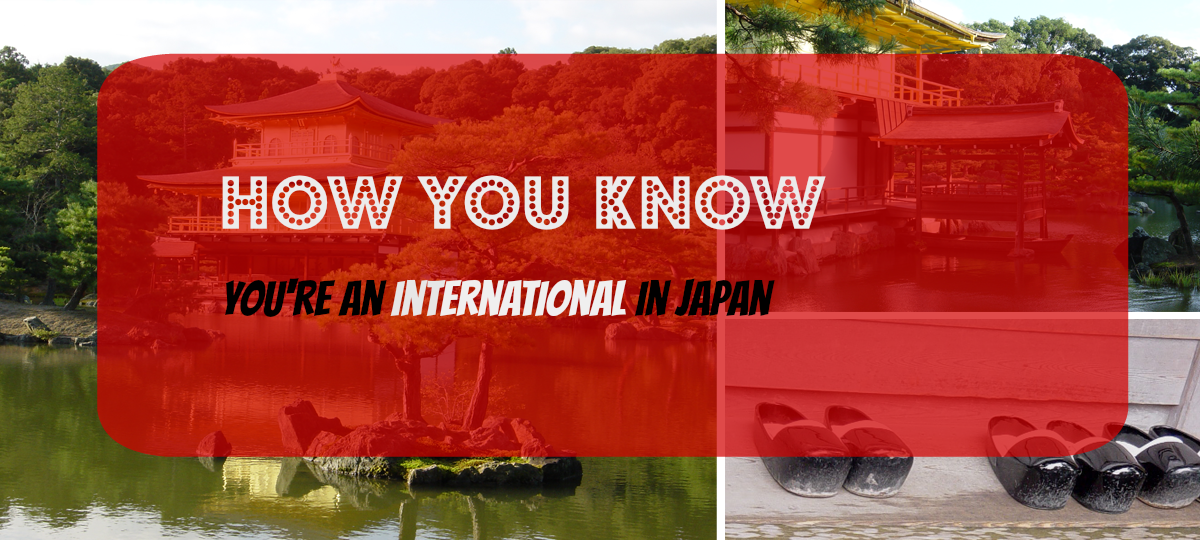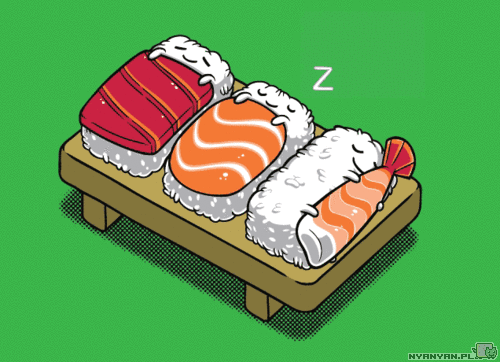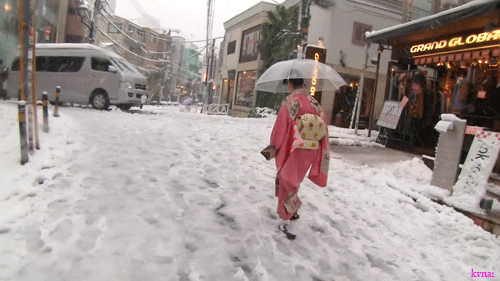
13 Signs You’re an Expat in Japan
This blog post will speak to everyone who has ever visted Japan where traditions meet modernism at its best!
1. Know Your Bow
The art of Bowing is one of Japan’s traditional customs and is used for many purposes, such as for greeting people, apologies, and for paying respect. However, in the gracious act of bowing, every motion counts, as well as every second of its duration. Depending on the duration and depth of the bow, the meaning can vary tremendously. Know your “bow”!

2. Anime and Manga
Whether you like cartoons and comics or not, in Japan you will undoubtedly be confronted with the Japanese versions called Anime and Manga. Anime is roughly used for anything in Japan, be it for commercials or TV series. Even entire districts in cities such as Tokyo and Osaka are dedicated to Anime and Manga.

3. Tips in Japan? No, Thanks
After engulfing yourself in the delicacies of the Japanese cuisine, you might find yourself surprised that tips are downright not accepted. In Japan it is believed that food and services are covered in the price, so why pay more? And believe it or not, they will return you your money, so be wise with your tips, and avoid awkward situations.

4. A Diverse Cuisine
Speaking of food, Japan has a vast variety of different dishes you can try out. Apart from being Sushi’s birthplace, Japan offers different dishes per season and per region. For example, Okonomiyaki and Takoyaki are specialties that are typically eaten in Osaka!

5. Modern Meets Traditional
Living in Japan is like no other experience. It’s the perfect blend of traditional culture and modernization, with skyscrapers reaching out far above the cities right next to ancient shrines or temples! Also, traditional Japanese attire, such as the Yukata or Kimono, are still worn very often.

6. Nominication
Drinking and business don’t mix? In Japan they do and it’s called nominication! The value of nominication lies in the idea that post-work drinks allow for stronger bonds and relationships between employees! As they would say in Japan “Kanpai!” (cheers!).

7. The Chirping Sound of Summer
The chirping sound of the Cicada insects’ wings rubbing against one another is surely something you will hear in the summer. Of course Japan is not the only country where vast numbers of Cicadas reside, yet particularly in Japan the insects’ sound is directly associated with the summer itself!

8. Vending Machines
Thirsty? Not in Japan. Almost around every corner of any street you will find vending machines that provide a variety of drinks, from coffee and soda, to alcoholic drinks and even bread.

9. Customer Service
The Japanese are very keen on providing excellent customer service. A 10-minute train-delay will be no longer than 10 minutes, sometimes even including an additional apology. Also, the train pushers will make sure that even a crowded train won’t keep you from your destination.

10. Sleeping in The Train
Ready your shoulder, because in Japan it is not unlikely to have an exhausted person sleeping against your shoulder. The Japanese work very hard, and combined with nominication it’s likely for them to doze off on their way home.

11. Sitting or Squatting
Do not be afraid of the gaping hole in the ground, because that is an ordinary Japanese toilet. Although it does require you to perform squats to make it all work. Luckily, there is also the high tech version of western toilets, including the famous ‘’Cleaning function’’ to ensure hygiene once the deed is done.

12. Hanami
Hanami is an unofficial, but popular event in Japan that takes place every spring. Translated it means “flower viewing”, and that’s exactly what it is about. Imagine rows of Sakura (cherry blossom) trees blooming alongside the river, now that’s a sight to behold!

13. Sento
Imagine a hot water spring, but then in the city center of one of the many bustling cities in Japan. The sento, or the so-called bathhouses, have a long history dating back to the 6th century of Japan, but they still experience popularity in full fervor even today!

Tim Wuisman,
ELM team
Have you already read the blog post about 13 signs you’re an expat in Ireland?
© Expertise in Labour Mobility B.V. All rights reserved
